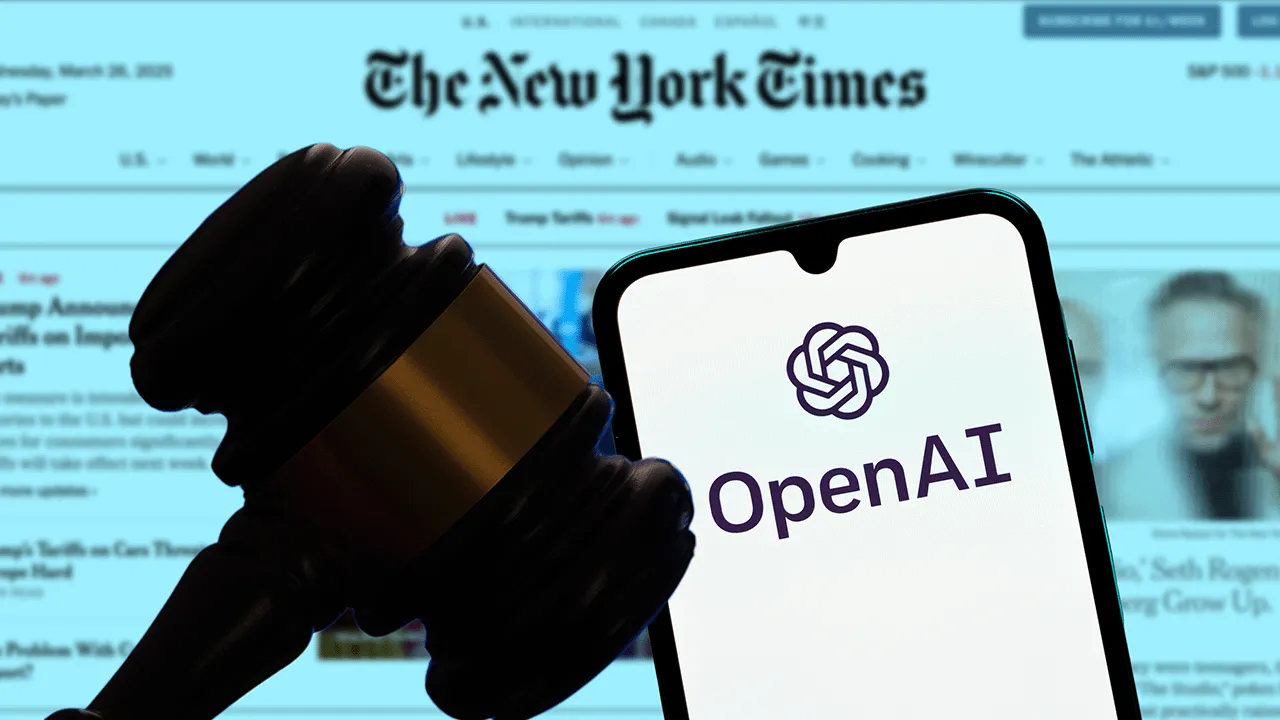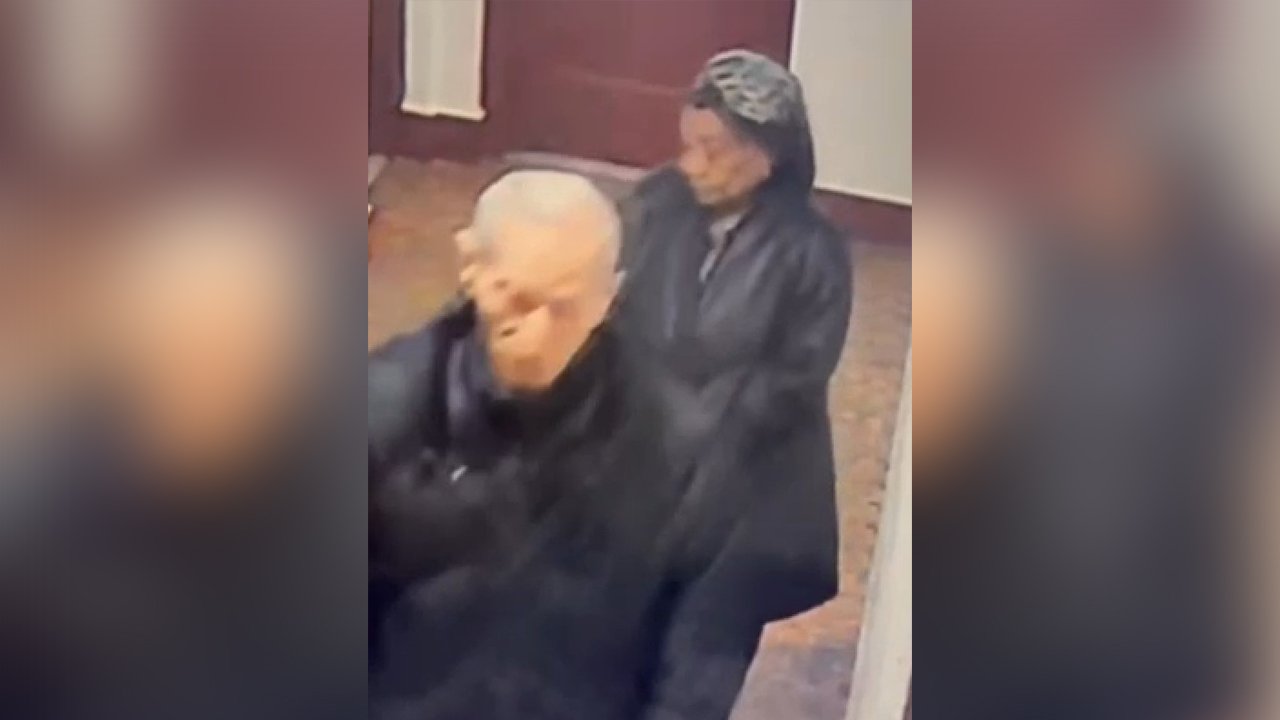A Federal Judge Rules in Favor of Yunseo Chung
In a victory for free speech and immigrant rights, a U.S. federal judge has ruled that Columbia University student Yunseo Chung cannot be placed in detention while she challenges her deportation order. A 21-year-old permanent U.S. resident who participated in campus protests against Israel’s military actions in Gaza faced removal from the country. But her lawyers say that she is being unlawfully singled-out for exercising her First Amendment right to protest.
The Case Against Chung
Chung, who has lived in the United States since she was seven, found herself at the center of a controversial immigration battle. The U.S. government attempted to deport her, a move her lawyers call an “unprecedented and unjustifiable assault on First Amendment rights.” Her detainment was first threatened in early March, around the same time Columbia graduate student Mahmoud Khalil was arrested.
The government issued an administrative arrest warrant for Chung on March 8, but unlike Khalil, she was never arrested. Chung’s legal team sought immediate intervention to prevent authorities from detaining her in the future.
Court’s Decision: A Temporary Victory
U.S. District Judge Naomi Reice Buchwald temporarily restrained the government from detaining Chung on Tuesday. The judge said the government did not present enough evidence to warrant detaining her. After the ruling, one of Chung’s lawyers, Ramzi Kassem, said he was relieved and called the government’s efforts “outrageous.” He said, “The court acted rationally. “In the meantime, ICE cannot take any further action to detain her, and we will continue to fight to vindicate her constitutional rights.”
Government’s Stance and Political Implications
The lawsuit names multiple high-profile officials, including President Donald Trump, accusing the government of using deportation as a means to silence non-citizens who express views it does not agree with.
Trump has previously called Mahmoud Khalil a “Radical Foreign Pro-Hamas Student” and vowed to take stronger action against student protesters. However, he has not yet commented on Chung’s case. This silence has raised further speculation about the administration’s broader policies concerning student activism and immigration enforcement.
Meanwhile, advocacy groups argue that the government’s efforts reflect a growing trend of using immigration enforcement to curb political dissent. Joshua Colangelo-Bryan of Human Rights First, one of the legal groups representing Chung, stated that while no other green card-holding students have been publicly identified as targets, he “would not be remotely surprised” if similar cases emerge.
In the past, governments have enacted immigration laws to silence activists and dissidents, sending those who speak out against political norms packing. But legal experts cautioned that this practice poses a threat to democratic values, including free speech and due process. “The suppression of those who express dissenting political opinions undermines the basic freedoms that are necessary for a free society.
A Promising Student Turned Protester
Chung is an exceptional student, a high school valedictorian who did well in college, too. In 2023, she participated in pro-Palestinian protests at Columbia, but didn’t emerge as a prominent leader or go to the press. Nonetheless, she has emerged as a symbol in the larger struggle over immigrant rights and free speech on college campuses.
Her case sheds light on how vulnerable immigrants, even with legal status, are to engaging in political activism. There are those who believe that targeting students for their political views flies in the face of the very ideals of higher education itself, namely, critical thought, debate, and civic engagement.
Her lawyers have presented a habeas corpus petition contending that her detention or deportation would violate her basic rights. Habeas corpus is used to bring a prisoner or other person who is under the custody of the law into court to show the valid reason for their detention in jail. It guarantees fair treatment and limits government overreach in legal proceedings.
What’s Next?
Although Chung has netted a temporary reprieve, her legal fight is far from finished. The government could still appeal for her removal, and ICE and the Department of Homeland Security have not made public statements on the case. When Chung was charged, legal scholars speculated that if the government pursued its case against her, other non-citizen activists across the United States risked being targeted for their political activism.
The case has garnered international attention, with rights groups and student organizations rallying behind Chung. That has led to protests on college campuses, where students have been calling for protections to be offered to non-citizen activists as well as stronger protections for freedom of speech. This led some to worry that the case could lead international students and permanent residents to think twice before getting involved in political discourse, creating a chilling effect on campus activism.
Key Takeaways
✅ Judge halts Chung’s detention — She may stay in the U.S. as she appeals deportation.
✅ Case raises free speech questions – Legal authorities say it’s a danger to the First Amendment.
✅ The Trump administration’s role — Accused of using deportation as a political weapon.
✅ What’s next? – Chung’s fate in the United States is unclear as legal fights continue.
✅ Wider significance — The case raises issues of student activism, immigration and free speech rights.
Final Thoughts: A Case That Could Shape the Future
This case further highlights the tensions between immigration enforcement and political expression in the U.S., with alarm bells raised over the potential hijacking of deportation laws to shut up dissenting voices. With several legal battles still playing out, the outcome of Chung’s case could have wide-reaching implications for other activists, immigrants and students nationwide.
Justice is a struggle, and only time will tell if this ruling will have implications for other cases to come. What is apparent, though, is that the case has sparked a national debate over democracy, civil liberties and the right to protest.




